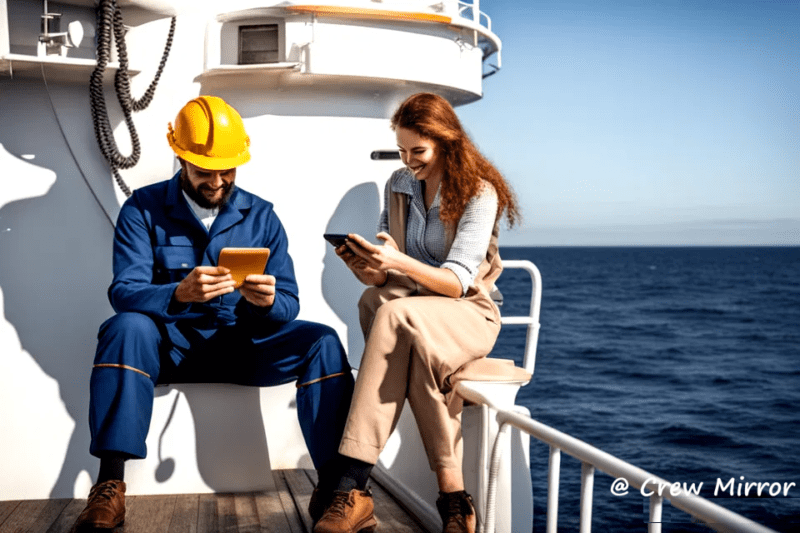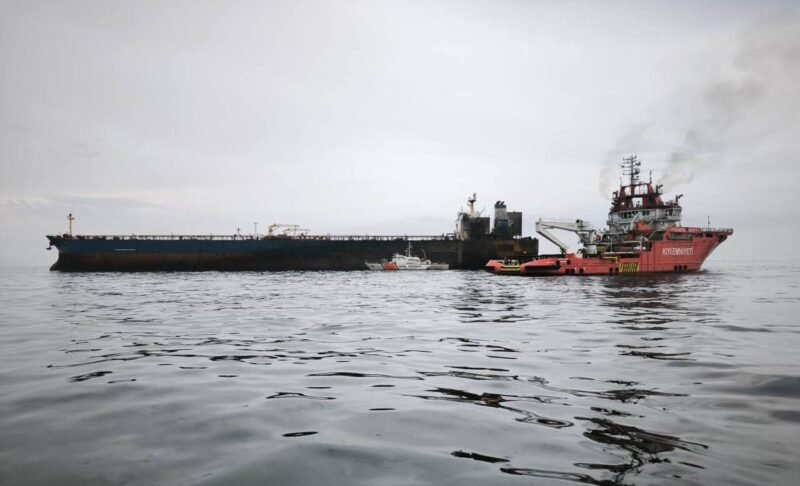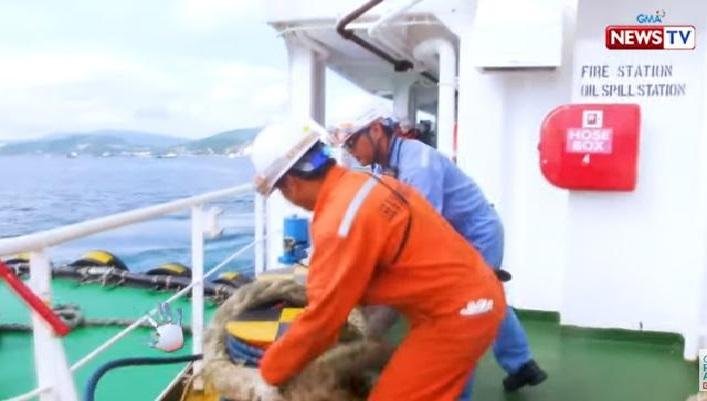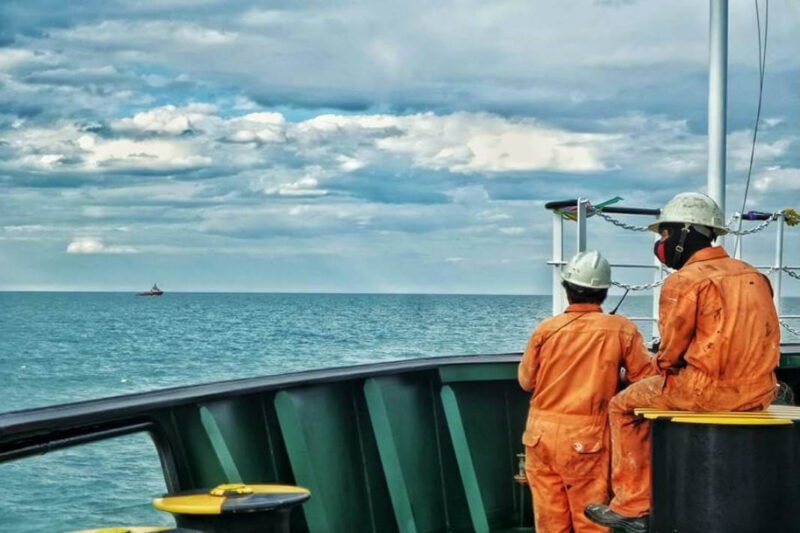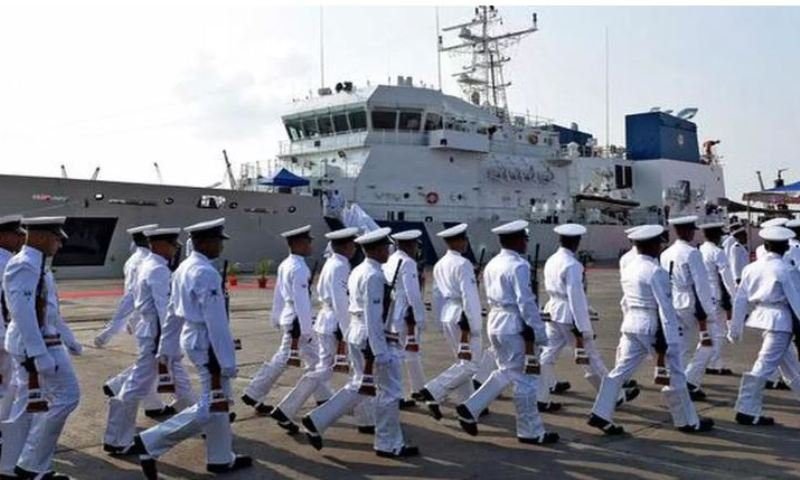The maritime industry is rapidly evolving with the adoption of smart technologies and autonomous systems, enhancing operational efficiency while posing significant challenges for seafarers. This digital transformation has led to a phenomenon known as technostress, characterized by the psychological strain of adapting to new technologies and increased workloads. Seafarers are often left to navigate complex systems with minimal training, which can lead to feelings of anxiety and frustration.
Technostress manifests in several ways, including techno-overload, where crew members struggle to manage the demands of new technologies, and techno-complexity, which involves intricate systems requiring extensive training. Additionally, techno-invasion disrupts personal space as technology intrudes beyond working hours, while techno-uncertainty fosters anxiety over the potential for mistakes. These pressures can severely impact mental health, with a recent report highlighting that many seafarers fear unintentional breaches of environmental regulations.
To mitigate technostress, maritime companies must prioritize comprehensive training and support for crews. Employers are encouraged to recognize the diverse experiences of seafarers, foster meaningful social interactions, and streamline processes to reduce work duplication. By addressing these challenges proactively, the industry can safeguard the mental well-being of seafarers and ensure a sustainable future for maritime operations.













